Affiliate links on Android Authority may earn us a commission. Learn more.
What would a return to China mean for the Google Play Store?
Published onFebruary 15, 2017
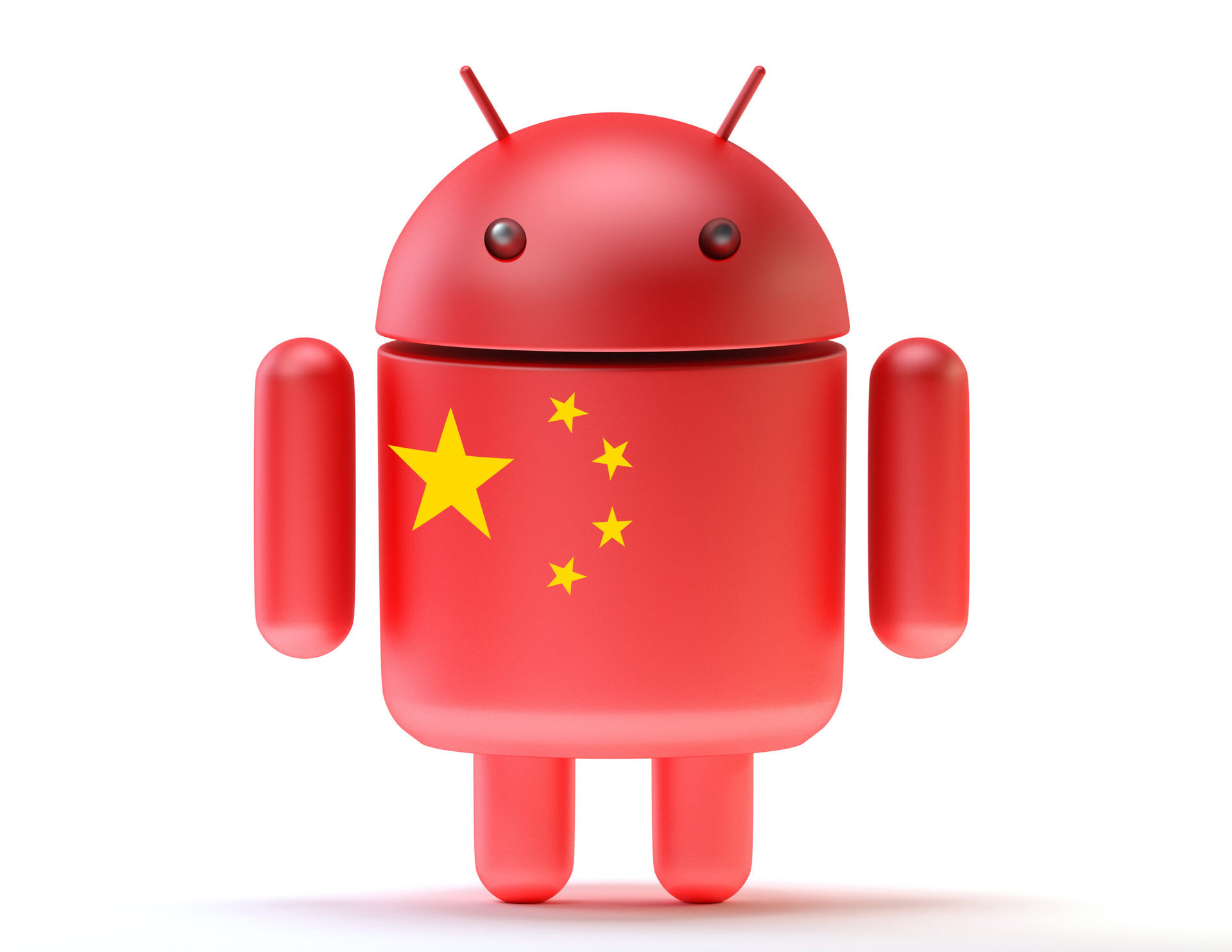
“Google Play is coming to China” – we’ve all heard that line before. Ever since it first pulled out of the Chinese market back in 2010, there have been occasional rumors stating its possible return. With China’s smartphone market exploding, and Chinese OEMs slowly gaining global power, many suggest it’s only a matter of time before a return.
I’ll admit I’ve written about this subject twice now. First I wrote a detailed feature in 2014, then in 2015 I wrote a short news piece on the matter. In 2016 other members of our team also covered similar new claims about Google’s moves towards returning to China. It’s hard not to be a little skeptical after all this time, but could 2017 finally be the year that this long rumored return actually happens?
First, let’s break down the latest rumor. So this time around The Information reports that Google is in talks with NetEase to bring Google Play, and potentially other Google services, to China. To their source’s knowledge, no deal has been inked yet. It’s just talks. That’s pretty much the rumor in its entirety.
Obviously, that means that even if a deal is reached, it could be awhile before Google Play gets released in China. It also means that the chances of it happening are currently 50/50 at best.
That said, NetEase does have a history of working with western markets to bring apps and services to China, including StarCraft II, Diablo 3, Overwatch, World of Warcraft, and Minecraft. All of these services are games though, and partnering with Google for an app store would certainly have its own unique challenges.
Would China even allow Google back?
While Google technically was the one that left China, the breakup was kind of mutual, and so would the Chinese government even support a deal to bring back the Google Play store? It’s hard to say for sure, but the good news is that they don’t even need to sign off on the arrangement necessarily.
As long as Google plays by Chinese rules when it comes to censorship and other net practices, Google doesn’t need express permission to return. The fact they are working with a local Chinese internet company would make it even easier for Google to get past any barriers keeping them out.
As long as Google plays by Chinese rules when it comes to censorship and other net practices, Google doesn’t need express permission to return.
Of course, Google would have to bend to China’s philosophies, which go completely against what the company typically stands for. As they say though, money talks.
If Google wanted to ease up on censorship? It would have to strike a pretty impressive offer to get the Chinese government onboard, and honestly we don’t see that happening. So for Google, it’s choice is to continue losing out in China or to yield to the Chinese government.
What would a Chinese Play Store look like?
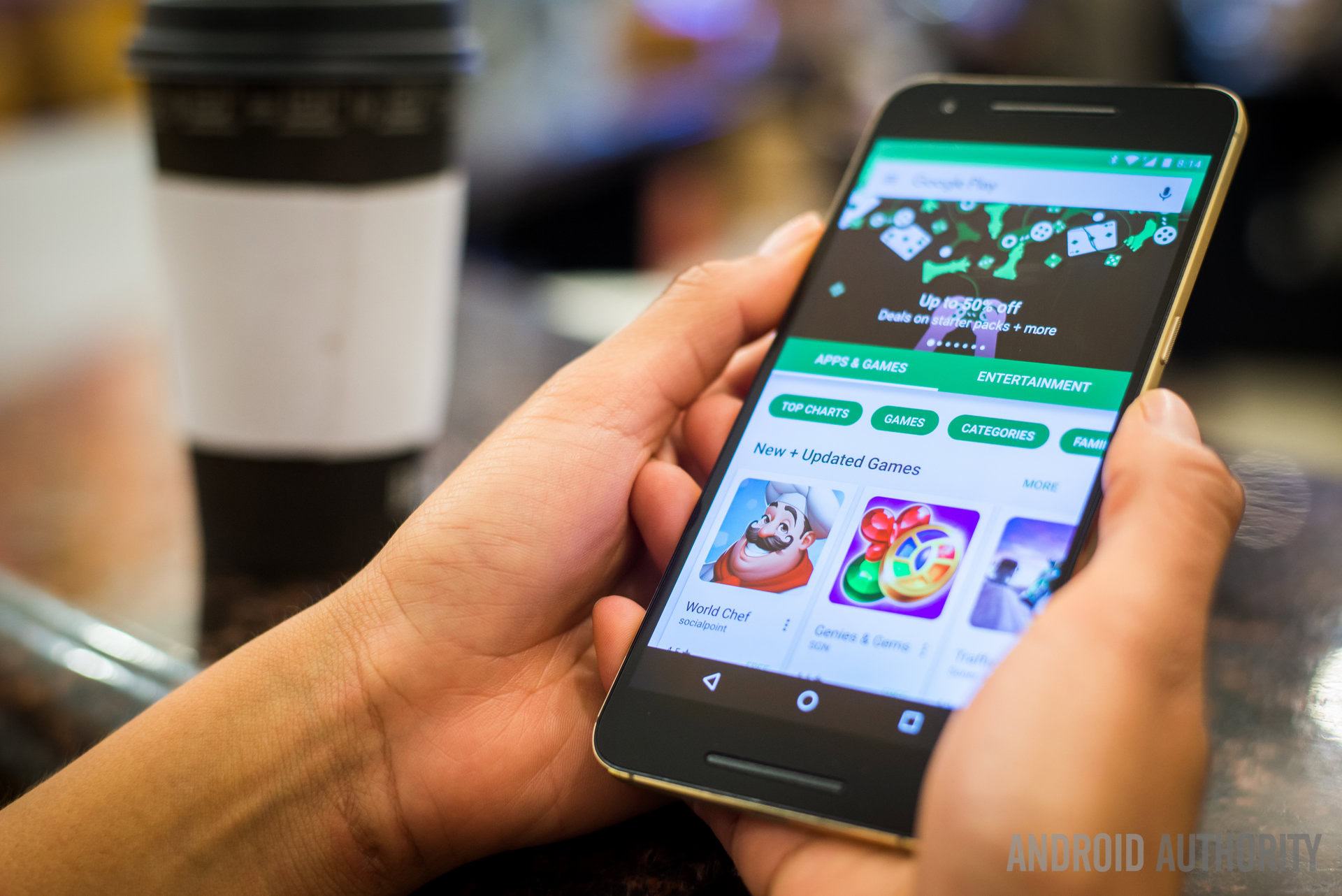
Aside from obvious language localization, the Chinese Google Play store would likely look quite similar to what we get in other markets, at least on the surface. A good precedent to turn to is the Apple AppStore.
The Chinese version of the Apple AppStore still functions essentially the same as it would elsewhere, other than Apple is even stricter when it comes to the app approval process, ensuring that they closely follow all Chinese rules and regulations. The result of this is that Apple regularly removes apps at the behest of the Chinese government, with a higher profile example being the New York Times app back in 2015. Apple even removed some of its own services for movies, books, and the Apple News app that was introduced in iOS 9.
The Chinese Google Play store would require a much deeper level of moderation than Google currently employs.
The idea of Apple controlling app approvals and removals tightly is nothing new, but Google has historically had a much more lax hand. While they have turned to slightly tighter procedures in recent years, the Chinese Google Play store would require a much deeper level of moderation than Google currently employs.
It is hard to say whether this would be handled by Google, NetEase, or both. It would require some pretty big changes though from Google Play’s normal operations. China is also notorious for malware, and so Google would have to greatly improve its approval processes to ensure that its store doesn’t become yet another malware-infested Chinese app store. Hell, even Apple has had some malware drama in China, and typically malware isn’t as much an issue for Apple.
As for the kind of apps you’d find? Again using Apple as an example, you’d find a healthy dose of both Chinese language and English language releases. That includes a number of higher profile apps and games that are currently not available officially in China.
How Google and its partners would benefit from a Chinese Play store release
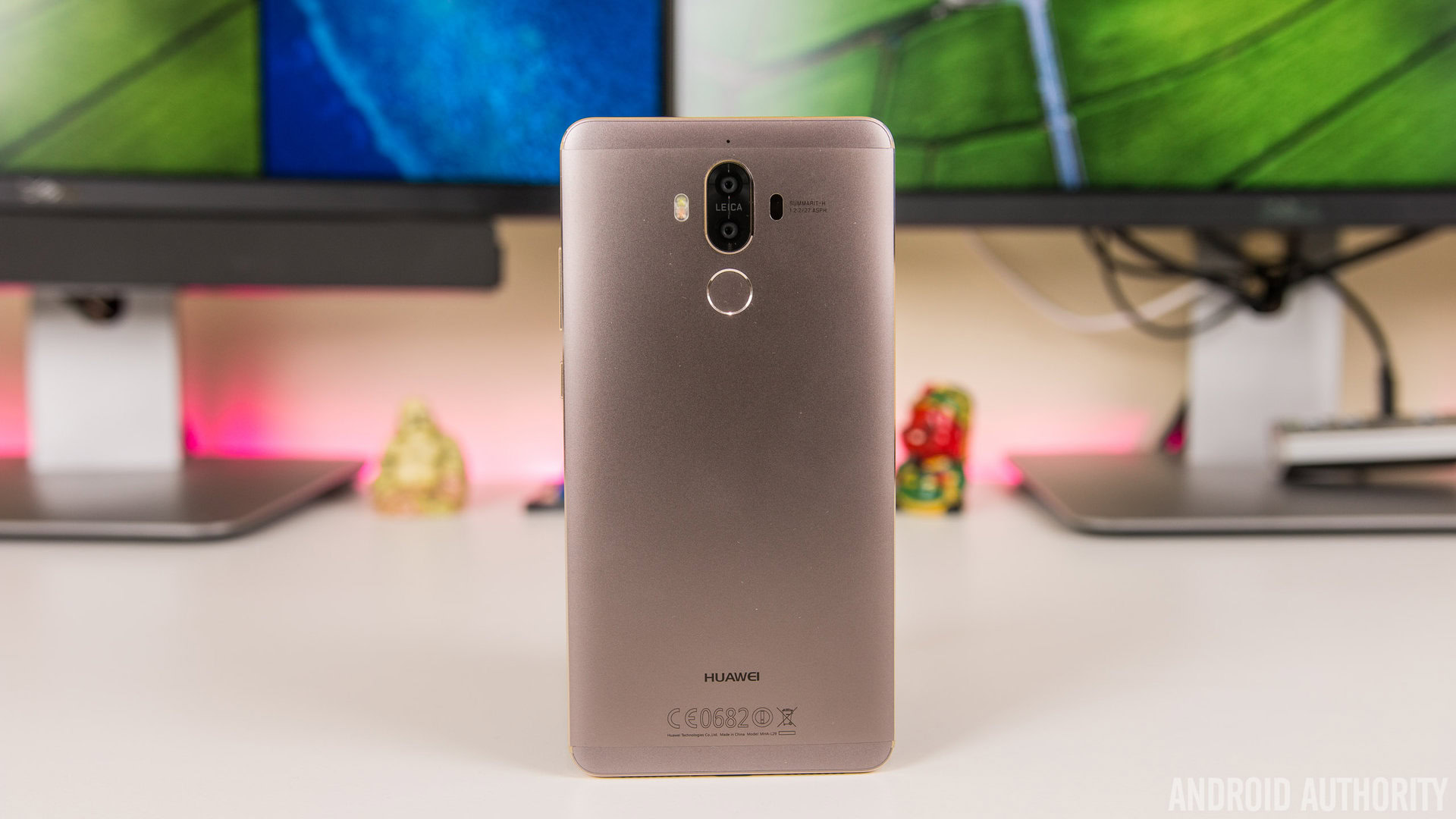
The smartphone market has largely reached a point of saturation in many western markets. Sure, there’s still money to be made, but growth is much slower than it was in years past. In contrast, the Asian markets are booming and while Google is actively involved in India, China is a key piece of the profit puzzle and one that they are currently missing.
According to a January report from Accenture, nearly three out of four Chinese consumers polled said they would buy new smartphones in 2017, up from 61% in 2016. Considering how large of a population is represented by China, this presents a huge opportunity for both OEMs and for Google itself. The more new phone owners out there, the more app interest.
A highly controlled Google Play experience would also raise the quality of apps and services available for Android in China.
For Google, it’s pretty obvious the money is there, if they can pull off creating a quality app store experience in China that stands apart from the competition.
A highly controlled Google Play experience would also raise the quality of apps and services available for Android in China. This in turn would improve Android’s reputation in the country, giving Google and its OEMs an opportunity to steal further thunder away from Apple.
According to IDC, Apple shipped 14.9 million units in Q4 2016, making it the 4th most successful vendor in China. A large part of the reason for Apple’s success in China is its position as a status symbol. That said, its reputation for greater security is an equally important motivator for Chinese buyers that fear the malware-ridden world of China’s Android app stores. Granted, not all of China’s Android app stores are unsafe, but it’s hard to deny that many of these storefronts have pretty mixed reputations.
Considering Google already has partnerships with many Chinese OEMs like ZTE, HUAWEI, and OPPO, it would make sense that Google would attempt to extend this relationship into China. And by having Google Play’s (hopefully) more secure app store bundled out of the box, these OEMs would likely receive a boost when it comes to perceived security. This could help set these OEMs apart from Chinese smartphone makers that don’t play ball with Google, and could also eat away a little of Apple’s market share potentially.
For app developers, Google Play’s presence in China also represents a huge opportunity. It is no secret that there are tons of app stores in China that are playgrounds to pirated apps. Consumers turn to these for a few reasons. First, it is sometimes the only way to get certain apps in China. Second, Chinese consumers tend to prefer free (or free to play apps), and so many of them will head to these seedier stores in order to get premium apps for free.
If Google Play was in the equation, however? Knowing there was a safer, secure location to get these apps would possibly be enough to get Chinese consumers to buy them from official sources. Google could also work with these app developers to make specialized versions for China that either are cheaper or perhaps rely on in-app purchases instead.
Obviously this is all speculation, but the point is that having a more official Android app store would have positive effects for developers that originate outside of China. The same goes for Chinese developers, as they’d had a more secure playground to place their apps.
How would a Chinese Play store affect the Android ecosystem as a whole?
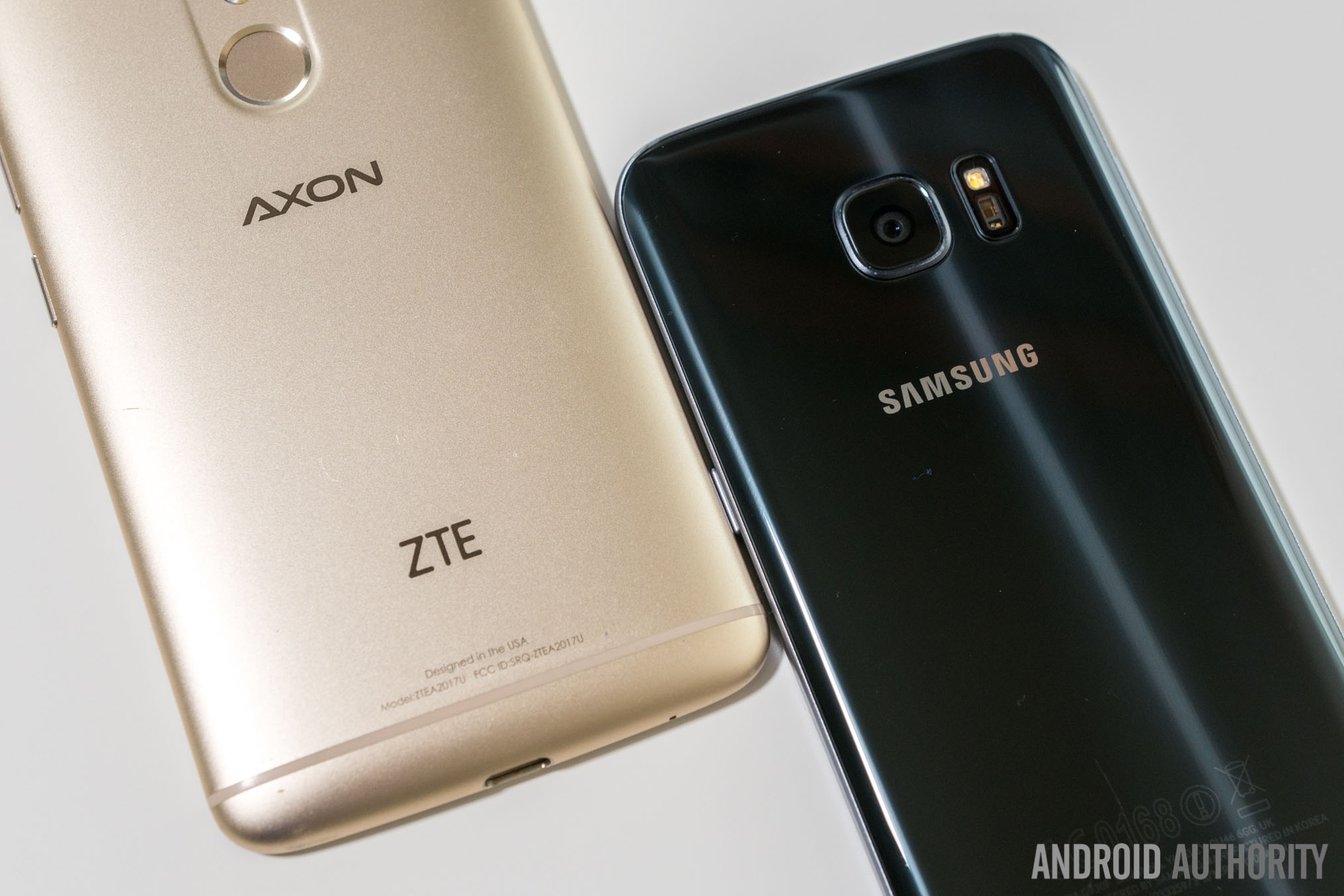
The effects of having Google Play in China depend largely on how connected (or disconnected) the Chinese store and its developers are to the rest of the world. For example, this change could potentially give smaller Chinese developers the opportunity to release versions of their apps localized for other markets outside of China via Google Play, bringing new apps and experiences to those in the western world.
Beyond that? If the Google Play store caught on in popularity, it could help to reduce the amount of malware floating around the web as lesser app stores shut down under the increased pressure from Google and the other more trusted Chinese app stores. This in turn would positively affect Android’s reputation globally as well.
Additionally, smartphone manufacturers that partner with Google in China could enjoy a small boost in support or trust from global buyers, which would be especially important to companies like ZTE and HUAWEI, both of which are trying very hard to break into the western market in a big way.
But is there even room for another app store in China?
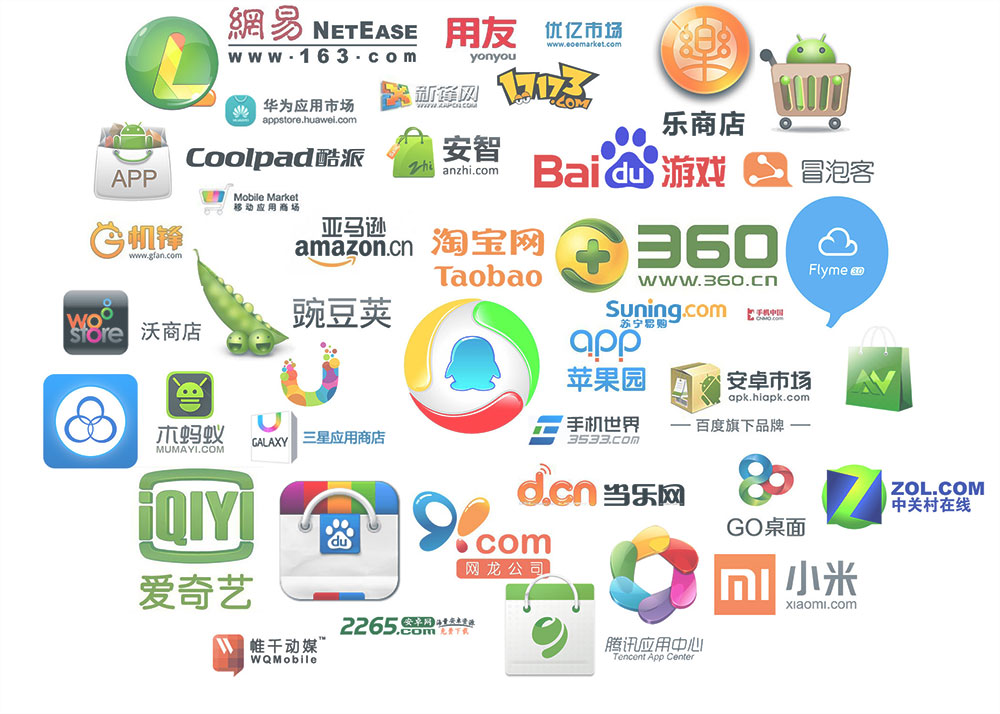
There are over 200 app stores in China. In the top ten positions you’ll find Myapp (Tencent), 360 Mobile Assistant, Baidu Mobile Assistant, MIUI App Store (Xiaomi), HUAWEI App Store, OPPO Store, vivo, Wandoujia, HiMarket, and Anzhi Market.
So can Google Play even stand out? It all comes down to the partnerships it is capable of forming. On one hand, OEMs like HUAWEI, ZTE, and OPPO have a history of working closely with Google. On the other hand, most major OEMs already have their own store front, and HUAWEI and OPPO’s stores are both among the top ten most popular. Would they really sacrifice advertising and promoting their own stores in favor of Google? It depends largely on what Google would offer them in return.
Would OEMs really sacrifice advertising and promoting their own stores in favor of Google? It depends largely on what Google would offer them in return.
First, if Google could brand their store as the most secure and carefully curated “Android app store” in China, there’s the potential reputation boost as already mentioned. Beyond that, Google could offer these OEMs perks that affect their operations outside of China like helping promote them to western markets or offering lower licensing fees for Google services in markets like the US.
If Google Play could also serve as a stepping stone to eventually delivering other quality Google services (Drive, Gmail, etc), these drivers could also help Google stand out. Ultimately, we have our doubts that Google would be able to establish itself as king of the Android app stores anytime soon — if ever. The good news is that Google doesn’t need to.
Even if Google merely established themselves in the top 25 within a few years, they’d be opening a massive market that currently they have limited interaction with. They’d also be opening the doors for tons of developers who currently don’t have relationships with any existing Chinese app stores.
What do you think, should Google return to China? Let us know your thoughts in the comments.